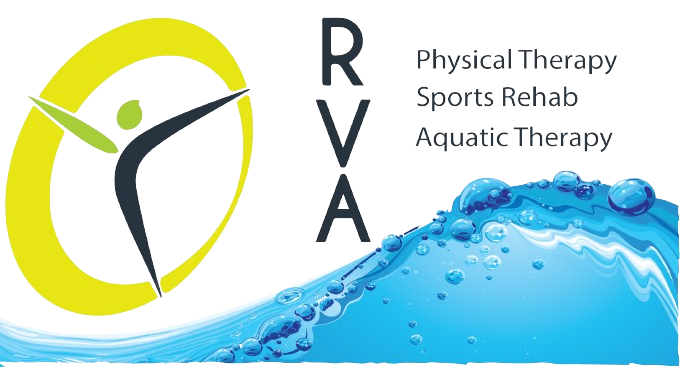Ouch! My Shoulder Hurts!
We never think about our shoulder joint, the joint we use hundreds of times throughout the day, until it stops functioning the way it should be and causes pain. Shoulder pain can make simple tasks of everyday life seem monumental.
Most shoulder pain is acute and is often caused by something mundane, while others can be more excruciating and can be a referred pain from other parts of the upper body like the neck or spine. Rotator cuff injuries are the most common cause of shoulder pain, and early intervention with physical therapy and diagnosing the underlying condition is critical to getting on the path to recovery.
Shoulder pain is not something that you can live with. When you encounter shoulder ache, even ordinary tasks like reaching into your back pocket or holding shopping bags or brushing your hair can become miserable. If you think you are the only one suffering from shoulder pain, then you are wrong. As many as 67% of the US citizens experience shoulder discomfort at least once during their course of life.
Why Does Your Shoulder Hurt
Your shoulders have two joints, glenohumeral and the acromion. These joints are guarded by a set of muscles and tendons called the rotator cuff, which gives your shoulder joints the flexibility to perform a wide range of movements. An injury or trauma to the rotator cuff causes acute pain when you are lifting, rotating or moving your shoulders.
Physical therapy is a common treatment for shoulder ache in America. A physical therapist focuses on maximizing your physical comfort and subside the pain. Within a couple of weeks, you will be able to recover and do all your normal activities with complete ease.
Shoulder Pain Causes
Age is certainly one of the prime reasons for shoulder ache, but there are a few underlying causes as well, like
- Tears to rotator cuff caused due to an injury
- Swollen tendons or inflammation
- Tendon rupture
- Broken or dislocated shoulder joints
- A broken arm or broken collarbone
- Injury to your spinal cord
- Degenerative wear and tear of the tendons or ligaments
- An old injury flaring up
- Poor body mechanics
- Frozen shoulder or stiffness of the shoulder joints
- Any kind of Sports injuries
- Health conditions like heart disease, arthritis and diabetes
Shoulder Pain Symptoms
Generally, shoulder pain symptoms vary significantly from person to person, depending on the cause and severity of the injury. A few common symptoms may include:
- Swelling around your shoulders
- Severe pain while moving or lifting your arms
- Inability to carry or lift objects
- Significant bruising around the arm or joint
- Skin redness and warmth
- Unbearable shoulder ache that lasts longer
- Acute pain while sleeping
- Trouble breathing or chest tightness
Treatment For Shoulder Pain
A physical therapist may suggest different treatment options based on the severity of your shoulder ache. Based on certain examinations, the therapist may advise some stretching exercises to relieve your shoulder ache and restore your mobility. The use of ice packs or heat pads may also be a part of your treatment.
Physical therapy will also include some strengthening programs to restore the stability of your rotator cuffs. After all the sessions, your physical therapist may also suggest some home exercise programs to achieve complete balance.
Why Go For Physical Therapy (PT)
Physical therapy is an easy and natural way to counter any kind of pain. If you are older, above 40 years, then physical therapy is considered to be the safest approach for treating joint pains. If you have undergone surgery recently, then a PT is highly recommended for faster recovery.
How We Treat Shoulder Pain
Your physical therapist will recommend treatment modalities based on initial examination, any underlying conditions, and in certain cases, any recommendations your physician might make. Direct Access makes it possible for you to see a physical therapist without the need for a prescription.
For more information on treatment for shoulder pain in VA and to fix an appointment, visit RVA Physical Therapy.
Direct Access
More information on direct access can be found here: https://www.rvaphysicaltherapy.com/direct-access/
